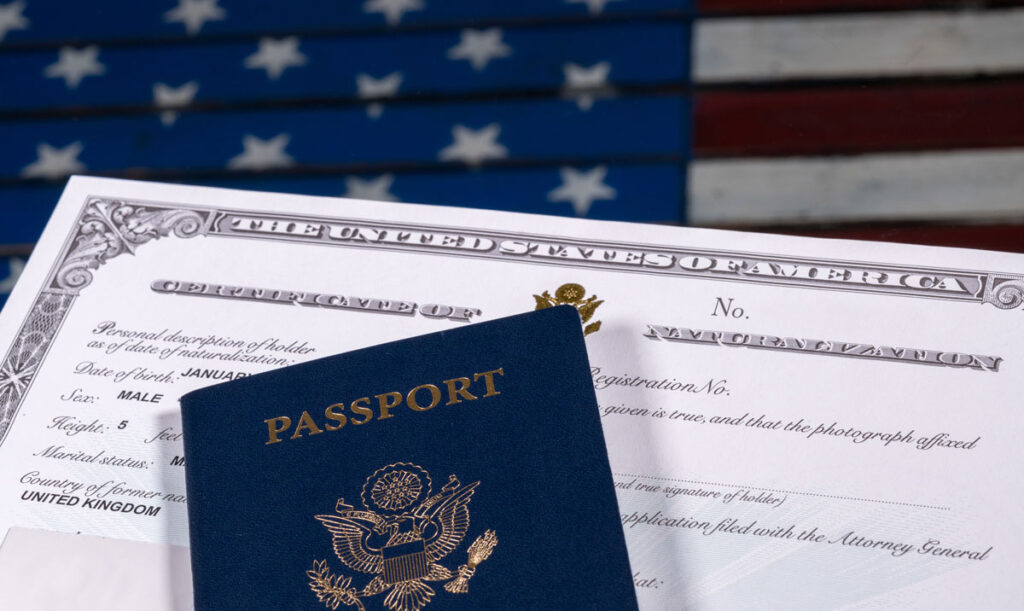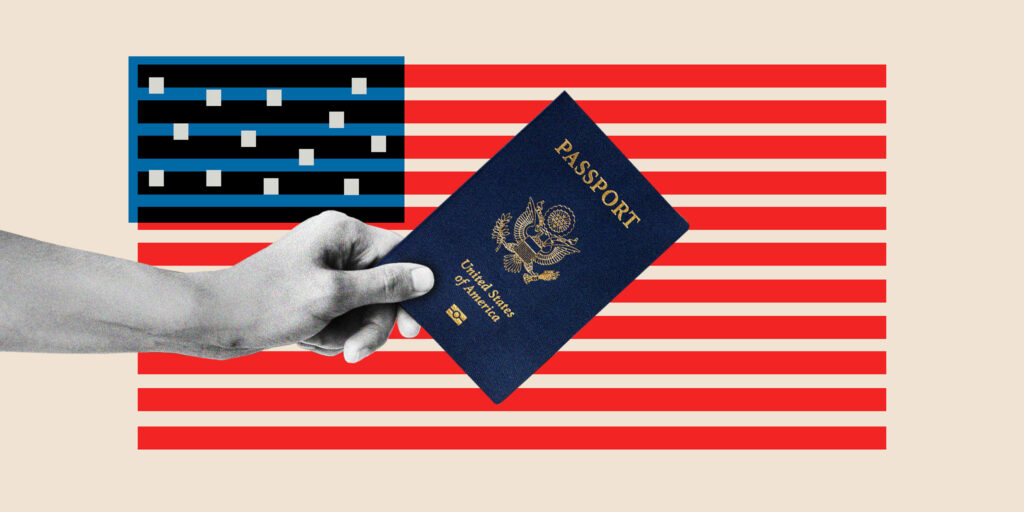CAN I BE FOUND GUILTY OF A FALSE CLAIM TO U.S. CITIZENSHIP WHEN MY STATEMENT WAS NOT MADE TO AN IMMIGRATION OFFICIAL?
I am currently working on a case for a client who applied for a Social Security card claiming that he was a U.S. citizen. He did not realize at the time that his misstatement would have severe immigration consequences.
An individual is inadmissible (not permitted into the United States) if they make a misrepresentation of U.S. Citizenship for any purpose or benefit under the Immigration and Nationality Act or any other federal or state law. It does not matter whether the misrepresentation is made to a governmental or nongovernmental official. INA 212(a)(6)(C)(ii) Thus, a person may be found inadmissible if they make statements in an application for a federal student loan, for a federal home loan or for a Social Security card.
For a non citizen to be inadmissible based on a false claim to U.S. citizenship, an adjudicating officer must find that all of the following elements are present:
- The non citizen made a representation of U.S. citizenship;
- The representation was false; and
- The non citizen made the false representation for any purpose or benefit under the Immigration and Nationality Act (INA) or any other federal or state law.
This language of the law is broad. I will highlight some of the cases in which courts have found misrepresentation.
See Also: Your Guide to Secure Estate Planning

False claim to U.S. Citizenship when seeking employment
In Matter of Bett, 26 I&N Dec. 437 (BIA 2014), the Board of Immigration Appeals found a non citizen inadmissible based on his completion of the USCIS Form I-9. The non citizen marked the box on the form claiming U.S. citizenship. The BIA found that he did so to avoid the need to obtain and present a valid and unexpired employment authorization document. They found the non citizen inadmissible since the non citizen made the false claim for the purpose of avoiding additional requirements under the immigration laws.
False claim to US Citizenship when obtaining a driver’s license
In In Re: 13010888, April 12, 2021, the Administrative Appeals Office found a non citizen inadmissible after he claimed to have been born in Puerto Rico in order to obtain a driver’s license. The court noted that it was possible for foreign nationals to obtain a driver’s license in Puerto Rico; one does not have to be a citizen. Thus, the non citizen could have obtained a license without claiming to be a U.S. citizen. Unfortunately in this case, the non citizen claimed US citizenship on his application. The court noted that the explicit language of section 212(a)(6)(C)(ii)(I) of the Immigration Act renders an individual inadmissible for making a false claim to U.S. citizenship “for any purpose or benefit under this Act . . . or any other Federal or State law” (emphasis added). “Here, the Applicant has not demonstrated that a driver’s license is not a benefit under State law.”
False claim to US Citizenship when applying for student loans
In Dwumaah v. Attorney Gen. of the United States, 609 F.3d 586 (3rd Cir. 2010), the Court found the non citizen inadmissible after he completed two federal student loan applications by marking off “yes” to indicate he was a U.S. Citizen. The Court noted that Dwumaah only would have had to do this once to be inadmissible but that he in fact had done it twice.
False claim to US Citizenship when requesting a home loan
In Matter of [Name redacted] (USCIS Administrative Appeals Office, 2012), the non citizen applied for a federal home loan and answered “yes” to the question on the loan application that they are a citizen of the United States. The non citizen received the loan. The AAO found the non citizen inadmissible because they had falsely claimed to be a U.S. citizen and had obtained a benefit under Federal law, “a federally guaranteed home loan from a federal savings bank.”
The cases I cite to are not precedential but nevertheless are instructive as to how courts view the law. Generally speaking, there is no waiver. It is best to avoid a finding of a false claim to US citizenship if at all possible.

